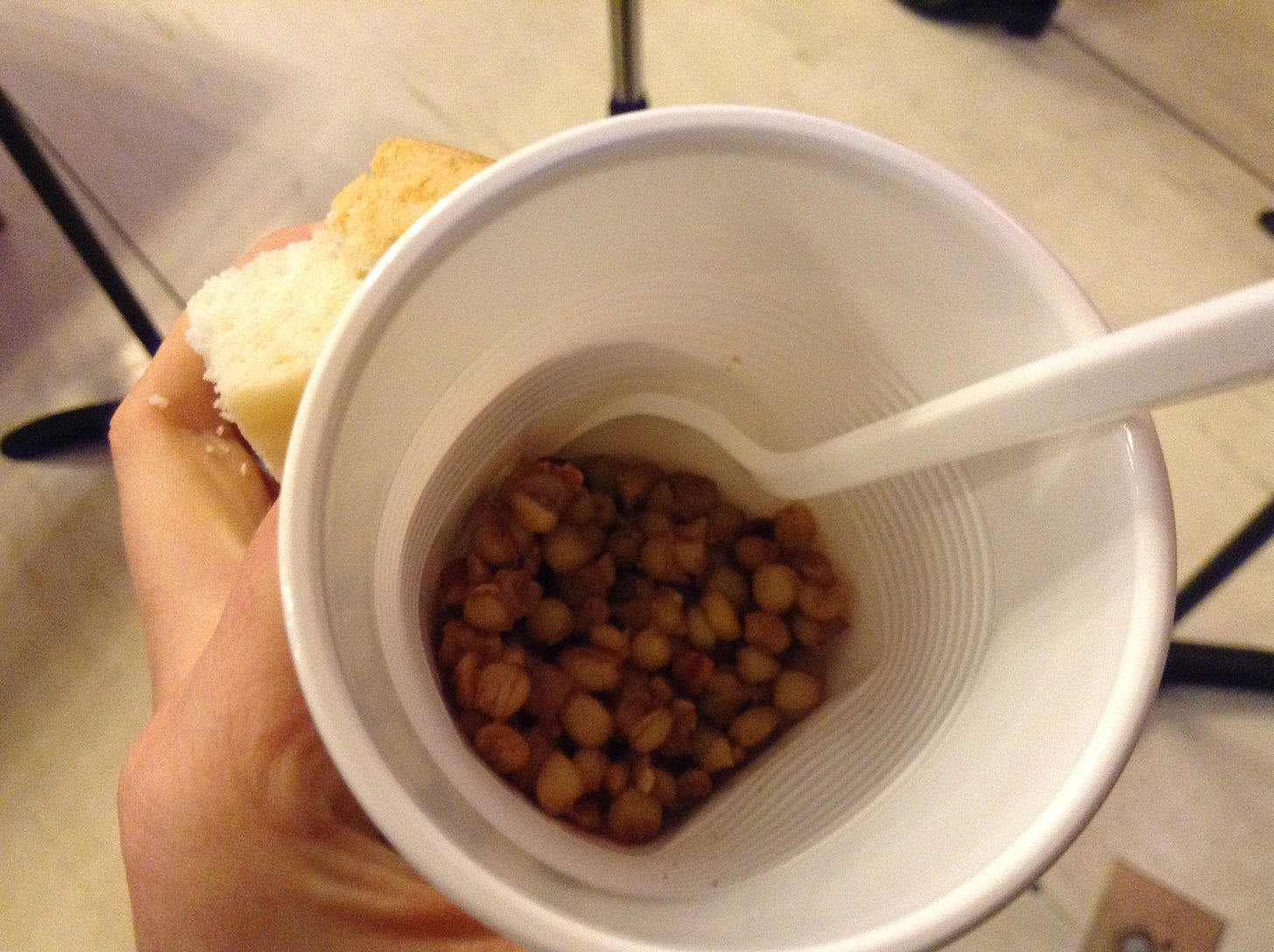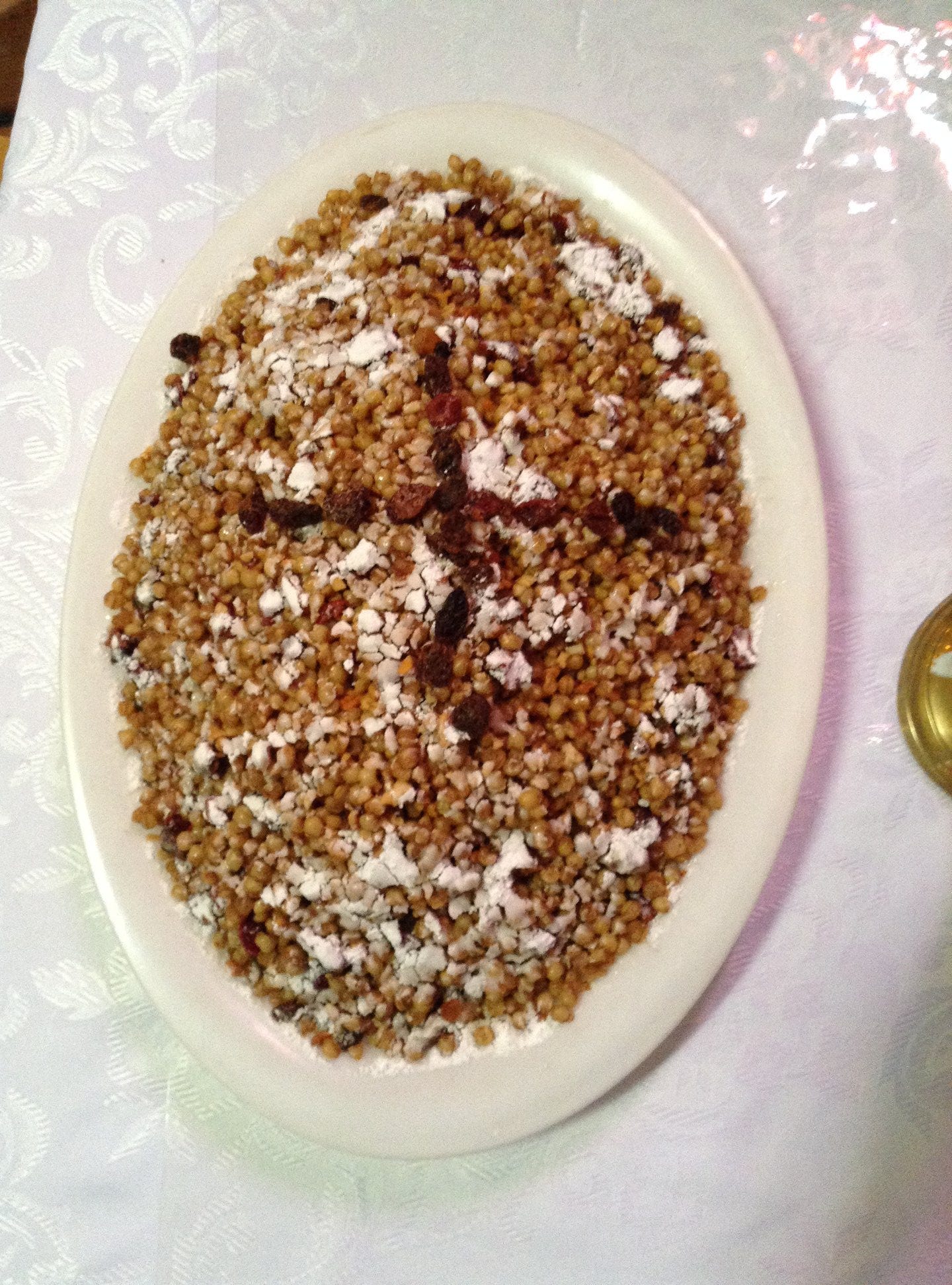Koliva: Orthodox Remembrance
Today, the 11th of November is, in many parts of the world, a day for remembering those who have died, particularly those who have died in wars.
Today, the 11th of November is, in many parts of the world, a day for remembering those who have died, particularly those who have died in wars.
For many Orthodox, that's an especially poignant thing this year. According to my priest, one-third of all Orthodox Christians in the world live in Ukraine. Even if he hasn’t got that figure exactly right, it’s certainly true that a very large number of Orthodox faithful have been killed and displaced by war this year, both in Ukraine and elsewhere.
As Orthodox Christians, we have a comprehensive system for remembering the reposed, including Soul Saturdays throughout the year and regular memorial services in the months and years after a faithful person has reposed. I am thankful for this, because we are not left to our own devices to work out how to mourn, grieve, and process our loss of the departed. Nor are we left to despair, because each memorial service reminds us of what awaits us.
“With the Saints give rest, O Christ, to the souls of Your servants, where pain and sorry are no more, nor sighing - but life everlasting.”
As with everything in Orthodoxy, memorials engage all of the senses: sight, sound, smell, and of course taste.
Who’s ever had a koliva that tastes the same twice? There seem to be nearly as many koliva recipes are there are Orthodox faithful! Some sources say that only a few things are constant: wheat berries, almonds, fruit, and sesame. However, some Russians in Australia use rice instead a wheat, a remnant of their generations spent in Harbin and other parts of China before coming to Australia. I expect that Orthodox faithful in Japan and Korea might use rice as well. What is constant is that the koliva is decorated with a cross, and then blessed in the memorial service before being served to the mourners.
I’m not going to give you a koliva recipe. Instead, I’m going to propose that throughout the year, you send in your koliva pictures and koliva recipes, and that annually on Remembrance Day we showcase the variety of koliva from around the world. Many words could be spilt in remembrance of the deceased, but we are not limited to merely words, so let’s come together to remember in another way, sharing in the diverse tradition we have.







